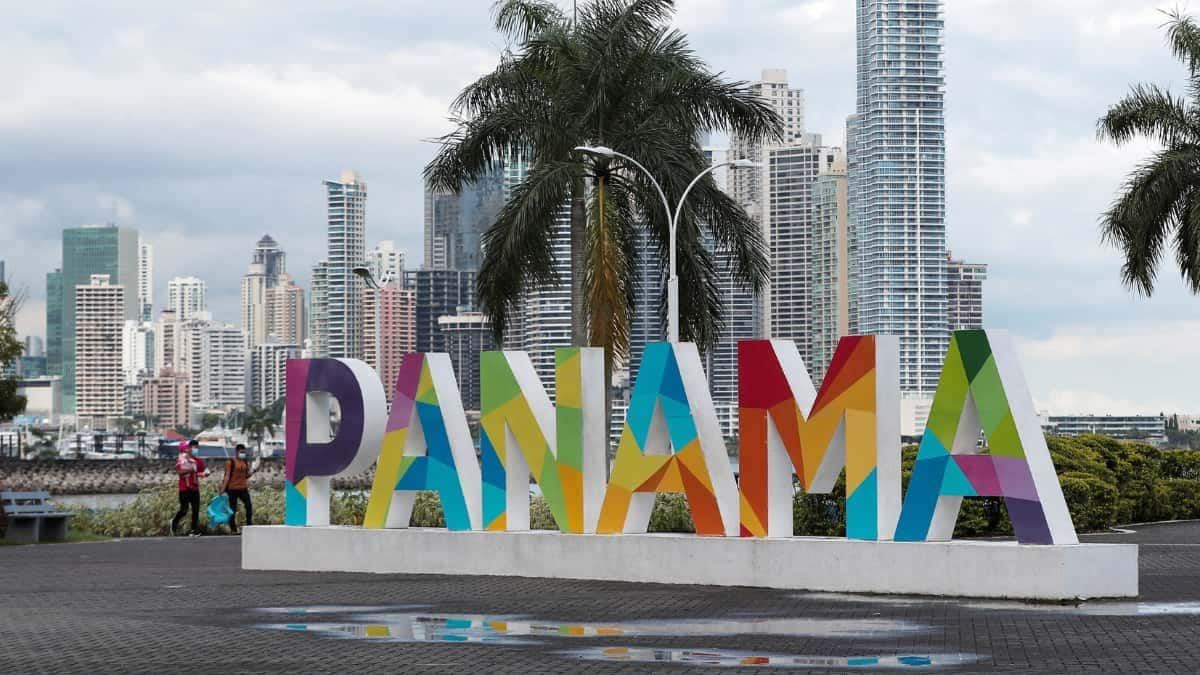Panamanian court acquits 28 in Panama Papers trial
What's the story
A Panamanian court has cleared 28 individuals of money laundering charges related to the infamous Panama Papers scandal.
The acquittal was granted by Judge Baloisa Marquinez due to insufficient evidence to conclusively establish the defendants' criminal culpability.
The trial, conducted in Panama City in April, was associated with both the Panama Papers and Operation Car Wash scandals involving alleged bribery and corruption in Brazil and Germany.
Founders' fate
Mossack Fonseca founders among those acquitted
Jurgen Mossack and Ramon Fonseca, founders of the now-defunct Panamanian law firm Mossack Fonseca, were among those acquitted.
The prosecution had previously sought a maximum sentence of 12 years for money laundering for both individuals.
However, the case against Fonseca was dismissed following his death in May.
Mossack Fonseca made headlines in 2016 after leaked private documents revealed accounts in tax havens linked to figures such as former Argentine President Mauricio Macri, Ukrainian President Volodymyr Zelenskiy, and Lionel Messi.
Evidence scrutiny
Judge questions evidence authenticity in Panama Papers trial
Judge Marquinez ruled that the evidence obtained from Mossack Fonseca's servers was not collected in accordance with due process, casting doubt on its "authenticity and integrity."
The judge further stated that "the rest of the evidence was not sufficient and conclusive to determine the criminal responsibility of the defendants," as per the court statement.
Consequently, Marquinez ordered all precautionary measures against the defendants to be lifted.
Trial
Trial began in April
The trial began in April and focused on 28 individuals, including founders of the now-defunct law firm Mossack Fonseca.
Prosecutors had claimed the two used their firm to set up shell companies for illegal payments to government officials made by Brazilian construction conglomerate Odebrecht in the "car wash" scandal.
Operation Car Wash began in March 2014 as a routine money-laundering investigation into a car wash in Brasilia.
The proceedings later uncovered a massive corruption scheme in the Brazilian federal government.
